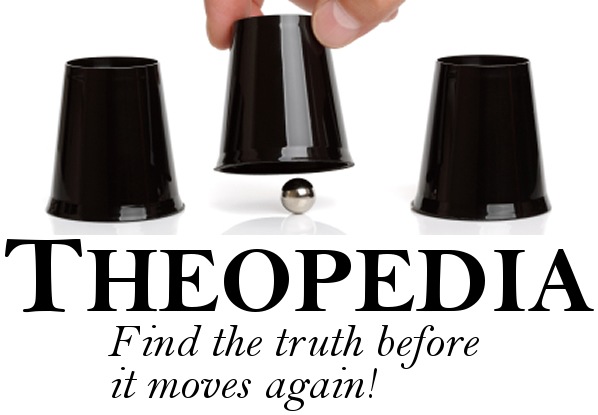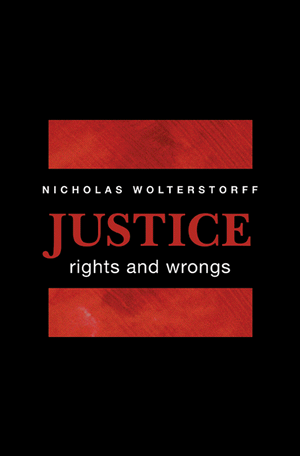










Larry Baldock
Democracy is good. Binding referenda, not so much.
Larry Baldock, the leader of New Zealand’s Kiwi Party, was the main organizer of the recent referendum on the anti-smacking law (the amendment to section 59 of the crimes act that, to cut a long story short, makes it a criminal offence to use any force in correcting one’s children). Kudos to him for that.
However, now that the Prime Minister has – in whatever nice sounding language he likes – revealed that he is not going to act on the outcome of that referendum, Mr Baldock has announced that he is going to begin collecting signatures to have another referendum.
Kiwi Party leader and organiser of the Anti-smacking referendum announced today that he had contacted the Clerk of the House of Representatives concerning approval to lodge an application as a proposer of a new Citizens Initiated Referendum.
…
“The final form of the question will obviously be the subject of public submissions as part of the process the Clerk is required to follow under the CIR Act 1993,” said Mr Baldock, but the wording of the question would focus on the issue of whether Citizens initiated referenda seeking the repeal or amendment of any law passed by parliament should be binding.
In short, because the government is not acting on the will of the people in this referendum, the Kiwi Party wants to see all citizens’ initiated referenda become binding on the government. The government, under those circumstances, is bound by law to do what the people have asked for, whatever it may be.
No. A thousand times, no! I can understand Mr Baldock wanting the government to act on the results of the referendum on smacking. I do as well. The anti-smacking law was unpopular because it legally restricts parents from doing something that is not wrong and which is normal and not harmful, the law makes no distinction between reasonable and unreasonable force (read: between discipline and abuse), and the current law is not as clear as it needs to be to actually tell parents what is allowed and what is not. In short, I think the government should act on the referendum outcome because I think it is a right outcome that the government should have the humility to admit.
However, to react to the government’s failure to act by saying that the government must always be bound by the will of the people in a referenda is just flat out terrifying. Let’s turn the tables. Let’s imagine that the old, sensible version of section 59 of the crimes act was still in place. If only! Now let’s imagine that Sue Bradford had managed to dupe enough people into supporting an amendment banning smacking that a referendum was held and the majority of New Zealanders supported her law change (she wishes!). Would Mr Baldock want that wish to be binding on Parliament? Or imagine living in Germany, where homeschooling families are treated like criminals, parents are imprisoned and children removed from the household. If the majority in a referendum supported the amendment of existing education law, cementing the right of authorities to immediately and permanently remove children from families suspected of homeschooling, should the state be bound to obey?
Mr Baldock thinks that his proposed change would be a boost for liberty and a reduction in the power of the state. After all, we need it here, he says, because “New Zealand is the only nation as far as I am aware, that does not have a written constitution and no second chamber for legislation to pass through before becoming law.”
Here’s the problem: The fact that New Zealand has no written constitution (actually it has a constitution, made up of various pieces of legislation, but I won’t bother explaining all that just now), is what makes this proposal so worrisome. If we did have a constitution of the kind Mr Baldock refers to, one that placed limits on what the government can and cannot do, I could live with it a little more easily (provided the constitution was a just one). That way, if the people wanted something (e.g. an amendment) that was unconstitutional, the referendum result could simply be struck down. But this proposal, this terrible proposal, would give my fellow citizen seemingly unlimited power over me, my education choices for my children, my church, my income, my employment conditions, and everything else that is mine!
Governments should govern on principle, and that principle must never be “I leave this space blank, to be filled by whatever the people tell me they want.”
Glenn Peoples



 Matt from
Matt from 
 When I was at the University of Canterbury in July I gave two talks. Episode 29 was one of those talks, on abortion. This talk was actually based on the same material that served as the basis for episode 3, so there will be obvious similarities.
When I was at the University of Canterbury in July I gave two talks. Episode 29 was one of those talks, on abortion. This talk was actually based on the same material that served as the basis for episode 3, so there will be obvious similarities.






